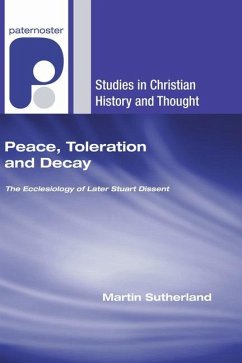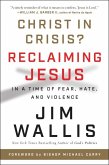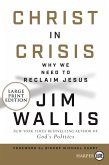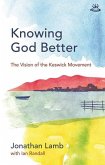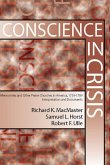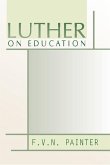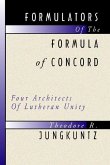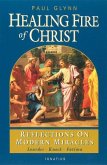Traditional approaches to early Nonconformity have divided its history at the Toleration Act of 1689. The intellectual history of the movement has largely focused on the ideas of Richard Baxter and John Locke. These conventions prevent a full understanding of the disunity and decline of the movement in the early eighteenth century. Continuities across the period and the gradual emergence of themes which would feed into Evangelicalism have been obscured. The rich theological dynamics of Dissent cannot be appreciated without detailed reference to the thought of other contemporary leaders. Among the most important was John Howe (1630-1705). Howe's career stretched from Cromwell to Queen Anne. His irenic ecclesiology shaped the response to toleration and influenced key leaders in the decades following his death. Crucial shifts in Nonconformist thinking may be traced in his writings and those of his successors, such as Calamy, Watts, and Doddridge. As a result, the significance of the division at Salters' Hall in 1719 becomes clearer. This study reexamines a neglected strand of Nonconformist thought and proposes a new understanding of later Stuart Dissent. The distinct characteristics of the movement are freshly defined and Dissent is situated in historical continuity between Puritanism and early Evangelicalism. The monograph thus provides a scholarly reinterpretation of an important group in a crucial period of English history. The themes that emerge inform the wider study of English ecclesiology and political theory under the Tudors and Stuarts.

